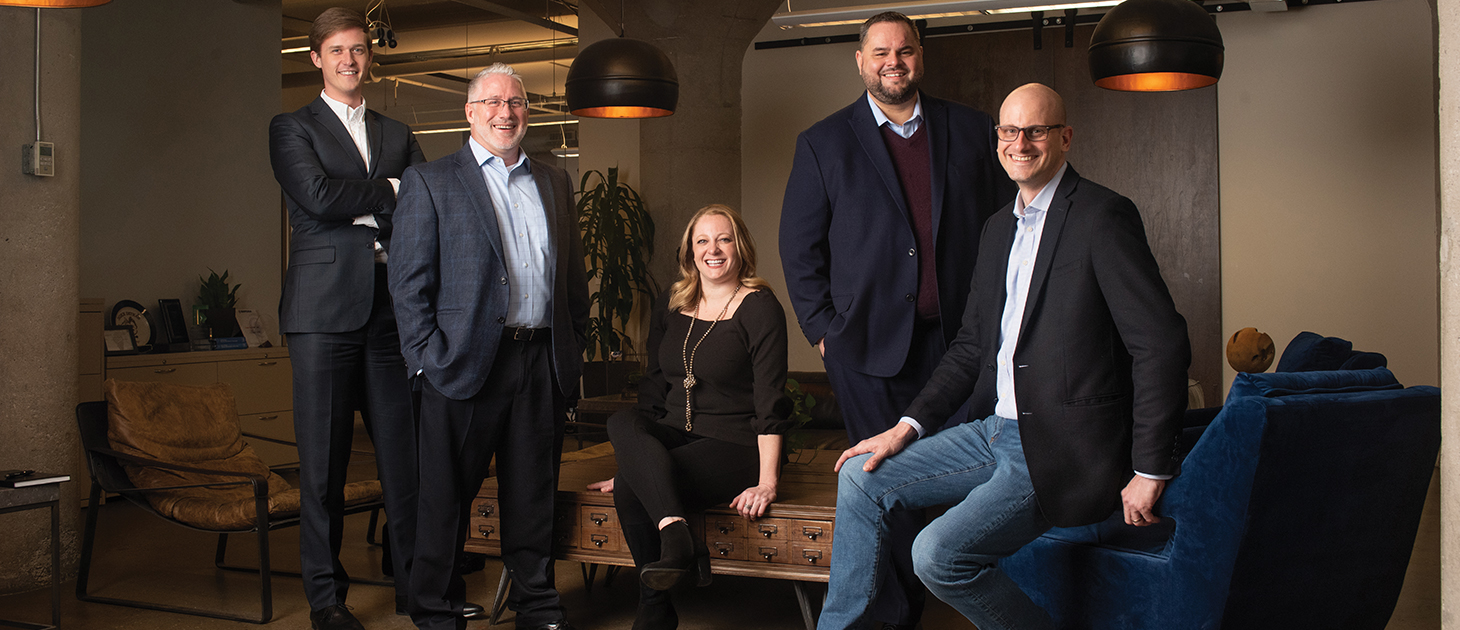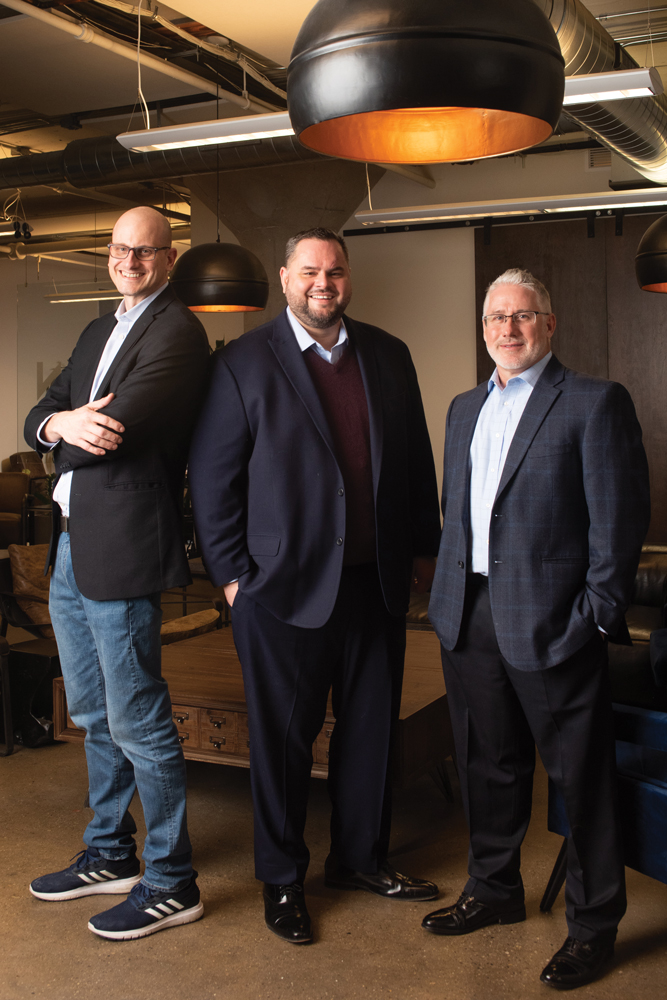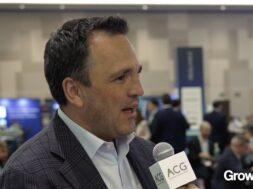Technology, Private Equity Style
After getting involved with private equity 12 years ago, RKON Technologies has developed a specialized IT consultancy fluent in both technology and business.

Business executives and technologists usually speak different languages. The former use words like “investment thesis” and EBITDA, while the latter talk about gigabytes and cloud computing. So it’s not surprising that sometimes the two groups have a tough time communicating.
RKON Technologies is the rare tech company that speaks “business” fluently. When talking about even the most complex technology, the company’s principals put it in business terms.
Take RKON managing director George Florea when describing the role of technology in a private equity add-on strategy. “In a buy-and-build situation, cloud computing can be an important part of a private equity firm’s growth thesis and value creation because it allows them to scale IT across all the companies at a predictable cost,” he explains.
Founded in 1998 by Jeff Mullarkey and Marc Malizia, RKON has been building, securing and managing mission-critical IT for Fortune 500 companies for 20 years. It got involved in private equity when a large PE firm bought a division of one of RKON’s Fortune 100 customers. The company’s chief information officer went with the carve-out and suggested that the PE firm use RKON to transition IT systems from the parent to the new business. RKON did it in four months, beating the transition service agreement (TSA) deadline by two months.
“The private equity firm said that had never happened before, and they asked if we could do it again,” recalls Mullarkey, RKON’s CEO.
That was 12 years ago. Today, RKON has a substantial business in middle-market private equity, especially in carve-outs and roll-ups. It has never missed a TSA deadline, according to Mullarkey.
The company’s ability to understand and explain how IT enables business, along with the team’s decades of experience building and operating technology for very large enterprises, make it well suited to serving the private equity market.
“It’s like the advantage that a master chess player has,” Mullarkey says. “We can see nine moves ahead, so we know what moves to make right now to set up the win.”
STRATEGIZE, IMPLEMENT AND STICK AROUND

RKON’s experience running IT for large companies gives it insight that large consulting companies—which private equity firms often use for auditing and other services—may not have, Mullarkey says. “These consultants are broad-based and advise across all these different swim lanes, including human resources, finance and IT,” he explains. A consultant might design a high-level IT strategy but may not have the expertise to implement the technology, so it brings in outside IT experts to build it. “Because they don’t understand the complexity involved, they make bad decisions, and then they are not accountable for the outcomes,” he says. “They come in, bring in other people, then walk away.”
Many consultants may underestimate what IT can do, and some advise against IT transformation during transition. But given the timelines under which private equity firms operate, RKON suggests undertaking a transition and IT overhaul simultaneously. “We’ve proven that we can do both at the same time,” Mullarkey says.
Three Ways IT Impacts Valuation
- Security: Nothing can suck value from a company faster than a data breach. And more and more midsize businesses are in the cross-hairs. “Our PE clients are telling us that they are being targeted,” Mullarkey says. Hackers are monitoring M&A activity to identify companies in transition, then targeting staff with fake emails. Compliance with security standards is increasingly important in deals, he says. Without demonstrable compliance, customers will buy elsewhere.
- Cost synergy: New ownership creates an opportunity to revamp IT to reduce costs and increase efficiency, directly impacting EBITDA.
- Competitive advantage: Technology is changing business models in many industries. Think about how Uber used smartphones and connectivity to disintermediate the taxi industry. According to Mullarkey, “There is potential in every industry to use IT as a competitive tool and market disrupter.”
Private equity firms also benefit from RKON’s ongoing experience with a broad client base. Because it manages and supports the IT of hundreds of businesses, including Fortune 500 companies, RKON is constantly learning, and it uses that knowledge for the benefit of all of its clients.
RKON is often hired to conduct IT due diligence before an acquisition, for example, so it knows how to make sure that IT systems are in top shape when the time comes to sell a portfolio company. “Because of our experience, whoever purchases that company next will not find any red flags,” says Christopher DeMichael, RKON’s managing director and chief architect.
RKON has built its own cloud platform, which can be an important advantage for private equity firms. RKON’s cloud means IT systems can be standardized, which makes them easier to install across stores or businesses. That not only reduces costs but also makes the company more attractive to potential buyers.
Cloud costs are based on consumption, a model that gives portfolio companies a chance to access enterprise-grade technology. “Small and midsize companies still need sophisticated IT systems in order to grow, but they don’t have the same budgets as their Fortune 100 counterparts,” says Nils Lindokken, manager of strategic growth on RKON’s private equity team. “We give them access to what they need at a price point they can afford.”
That consumption-based model also makes it easier to quantify IT expense. “That means if you’re buying a new company with 600 employees, you can extrapolate per-employee costs—such as the number of Microsoft Office 365 licenses you need,” Florea explains. “You start to bake that into your numbers and you get a lot more control in negotiating the price of that particular company. You also have good benchmarks for how to manage it through the hold period.”
ENABLING GROWTH FOR RETAILERS
Florea cites the story of a multistore retailer as an example of how this works. When one of RKON’s private equity clients purchased the company—which sells premium gifts, stationery and crafting supplies—it found that IT systems were inconsistent and varied in quality from one store to another.
RKON standardized IT on its cloud platform and provided a model for equipping new stores with technology. That enabled the PE firm to pursue its aggressive strategy of adding 20 new stores a year. “We were able to ship—practically in one box—the entire IT footprint for a store and get them up and running within a couple of days,” Florea says.
The stores also needed to become compliant with the Payment Card Industry Data Security Standard, known as PCI DSS, in order to continue handling credit card transactions. RKON helped all of the company’s stores meet the requirements and pass the audit in 60 days.
Today, all of the retailer’s stores run the same IT systems and report the same data. “That gives them a wealth of analytics on how the business is running,” Florea says. And the PE firm can predict costs, he adds. “Outside of real estate costs, they now have a really good model for what it costs every time they spin up a new store.”

This combination of IT expertise, cloud platform technology and a deep knowledge of private equity gives the staff at RKON not only the ability to build and operate cost-effective, high-quality IT from the acquisition of a company to its eventual sale, but also the confidence to stand behind their promises.
“We tell you what it’s going to take, then we sign on the dotted line and own the outcome,” Mullarkey says. “We are there from start to finish.”
This story originally appeared in the May/June 2019 print edition of Middle Market Growth magazine. Read the full issue in the archive.


